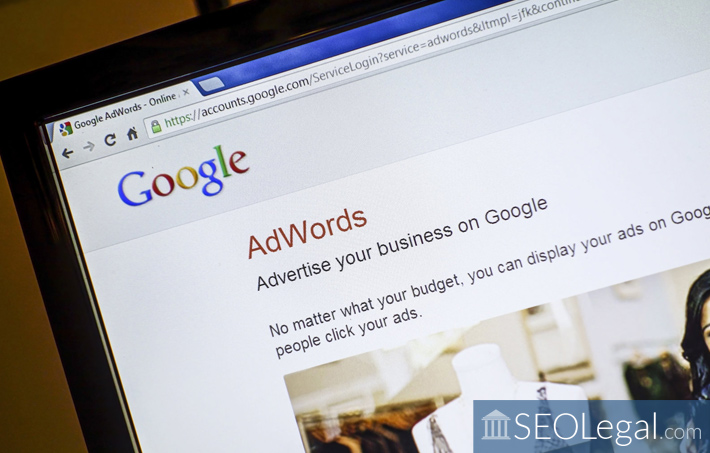Google Ads is one of the hot places to be right now for marketers. All you have to do is run a search and see how many ads pop up before you get to the organic search results. There’s a good reason for that and this space can be valuable. But Google Ads for lawyers can also be costly.
That’s why it’s important to not only be efficient with your ad spend, but to keep focused on getting the free traffic that comes from organic search.
If you’ve run a Google Ad campaign for a law firm before, you know that it’s not unusual to pay up to and over $10 for a single click to your website. For really competitive terms in big markets, it can take $100 to get a click. And we haven’t even added up how many of those clicks it will take to get a call and how many calls are required to produce a paying client.
That’s why, before you start investing in pay-per-click (PPC), you need to have a good organic search strategy.
Winning the battle for position in the free listings takes time and it requires expertise on both the content (which you provide) and the implementation, which will require the help of an SEO expert.
You need to produce consistent content that your desired audience will find valuable. All the SEO strategies in the world aren’t going to cover for bad content. But it is possible for good content to stay buried if it’s not properly marketed.
An SEO expert will make sure your content has the right keywords, the right meta-tags and the proper coding on the back end. An expert with attention to detail will review site speed, minification issues, backlinks and a whole lot more. The Google algorithm looks at all of this and little things matter.
Once you and your SEO team have developed a good strategy and put it into place, then a well-honed PPC campaign can work. If your site meets SEO best practices, then Google tends to reward those who buy advertising with higher free listings as well. Now your organic strategy is serving your PPC campaign and vice versa.
A good organic search strategy serves an advertising mechanism like Google Ads’ remarketing tool. That’s where you can target people who have already been to your website at the point they enter specific keywords into the search engine. Your organic search put their IP address into your system. Now your advertising reaches them at a point when they’re potentially interested in your services. They at least recognize your website, giving you a head start on any other advertisers who are going in cold.
Organic search and PPC work together, not separately. Organic search is the foundation and it’s imperative to get that right before making the bigger marketing spend on Google Ads.






